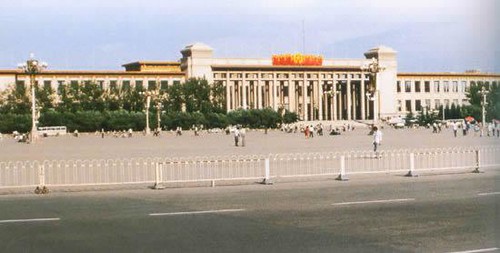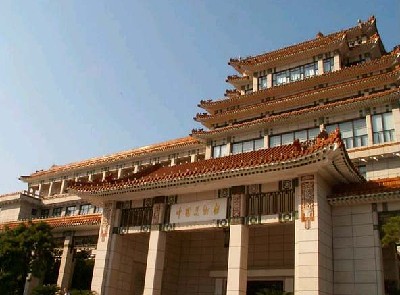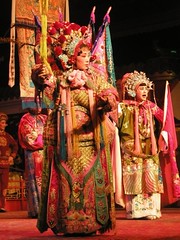| Home > Living in China > Traditional Chinese Medicine |
Tui na-One Effective Therapy in TCM Treatment
Tui na is a hands-on-body treatment using acupressure whose purpose is to bring the body into balance. The principles being balanced are the eight principles of Traditional Chinese Medicine. The practitioner may brush, knead, roll/press and rub the areas between each of the joints (known as the eight gates) to open the body's defensive (wei) chi and get the energy moving in both the meridians and the muscles. The practitioner can then use range of motion,traction, massage, with the stimulation of acupressure points and to treat both acute and chronic musculoskeletal conditions, as well as many non-musculoskeletal conditions. Tui na is an integral part of Traditional Chinese Medicine (TCM) and is taught in TCM schools as part of formal training in Oriental medicine. Many East Asian martial arts schools also teach tui na to their advanced students for the treatment and management of injury and pain due to training.
In ancient China, medical therapy was often grouped into "external" and "internal" ways. Tui na was one of the external methods, especially suitable for use on the elderly people and on infants. Today it is subdivided into specialized treatment for infants, adults, orthopedics, traumatology, cosmetology, rehabilitation, sports medicine, etc. Tui na has been used extensively in China for over 2,000 years.
Tui na has fewer side effects than modern drug-based treatments. It has been used to treat or complement the treatment of many conditions; musculo-skeletal disorders and chronic stress-related disorders of the digestive, respiratory, and reproductive systems.
Tui na is an occupation that particularly fits those with physical disabilities and in China, many blind persons receive training in the art of tui na, where their heightened sense of touch is a great benefit.
Art
 more
moreA Brief Look at China National
Main gate of China National Museum

China’s National Museum will Open
China's National Museum, under expansion for nearly two years, will

Magic Face Change is Soul of
Sichuan Opera, ChengduSichuan Opera (Chuan

Customs
 more
more



 print
print  email
email  Favorite
Favorite  Transtlate
Transtlate 
